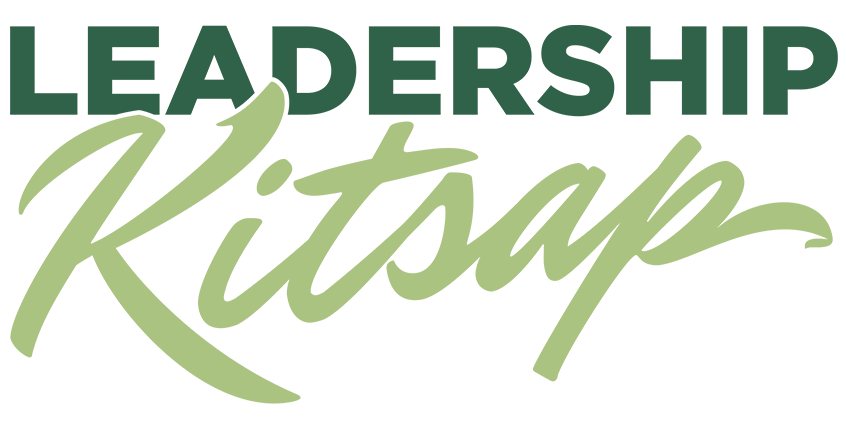Image: Freepik
In today’s interconnected world, the efficacy of leadership within communities largely hinges on the leader’s communication skills. Effective communication does more than disseminate information; it builds trust, fosters collaboration, and motivates action. For community leaders, mastering this skill set is not just beneficial — it’s essential. This article explores how community leaders can harness the power of communication to drive social change, touching on various critical aspects from emotional intelligence to strategic messaging and beyond.
Develop Emotional Intelligence
A leader’s emotional intelligence — the ability to understand, empathize, and interact effectively with others — is foundational in managing interpersonal relationships with empathy and judiciousness. Emotional intelligence enables leaders to read the emotional and psychological states of those they lead, allowing for more compassionate and tailored communication strategies. This skill is particularly crucial in community settings where leaders often face complex social dynamics and diverse populations. By responding empathetically to the needs and feelings of community members, leaders can foster a more inclusive and supportive environment that encourages active participation and collaboration.
Leverage Communication Training in Nonprofits
For leaders in nonprofit and community-based organizations, specialized communication training can significantly amplify their impact. Programs like executive presence training focus on enhancing a leader’s charisma, clarity, and influence in public engagements. These skills are vital for leaders who must advocate for their causes, attract funding, and mobilize communities. By refining their communication techniques, leaders can present their vision compellingly, making a stronger case for their initiatives and drawing more substantial support from stakeholders and the community at large. This training can be completed virtually, in person, or through self-administered programs.
Implement Strategic Messaging
Strategic messaging is not just about crafting appealing messages but also about aligning these messages with the audience’s needs, fears, and hopes. Community leaders must delve deep into understanding their community’s core concerns and aspirations. This understanding then informs how leaders communicate, ensuring that their messages resonate deeply and elicit a strong emotional response. Such strategic messaging can inspire communities, mobilize collective action, and foster a sense of shared purpose.
Encourage Collaborative Communication
Creating a collaborative communication environment is crucial for sustainable community development. Leaders should encourage practices such as regular collaborative meetings, participatory workshops, and team-building activities that stress collective problem-solving and decision-making. By promoting open dialogue and ensuring that every community member feels heard, leaders can build stronger, more cohesive groups that are better equipped to tackle community challenges.
Build Public Speaking Proficiency
Effective public speaking is a powerful tool for community leaders. It allows them to inspire confidence, convey critical messages, and rally people toward common goals. Leaders can enhance their public speaking skills by practicing in smaller, more intimate settings before addressing larger groups, seeking constructive feedback from peers, and studying the techniques of accomplished speakers. Such preparation not only boosts the leader’s confidence but also enhances their ability to influence and lead their community effectively.
Practice Active Listening
Active listening involves fully concentrating, understanding, responding, and then remembering what is being said. For leaders, this means not just hearing words but grasping the intent behind them. By practicing active listening, leaders can engage more constructively with their community members, demonstrating that they value their input and understand their perspectives. This practice not only enhances communication effectiveness but also builds trust and respect, which are crucial for effective leadership.
Create a Feedback Loop
To remain responsive and adaptive to community needs, leaders should establish mechanisms for ongoing feedback. This can be achieved through tools like surveys, suggestion boxes, or regular community forums where feedback is actively sought and discussed. A robust feedback loop ensures that leaders keep their finger on the pulse of the community, making it possible to fine-tune strategies and approaches in response to evolving needs and concerns.
Effective communication is a multifaceted discipline that demands emotional intelligence, strategic thinking, collaborative efforts, public speaking prowess, active listening, and continuous feedback. For community leaders aiming to drive social change, mastering these aspects of communication can profoundly influence their effectiveness, enabling them to lead more impactful and transformative initiatives.
Empower your leadership journey with Leadership Kitsap—enroll in our programs today to become a pivotal community leader!
Guest post courtesy of Corinne Hammond of bebizminded

